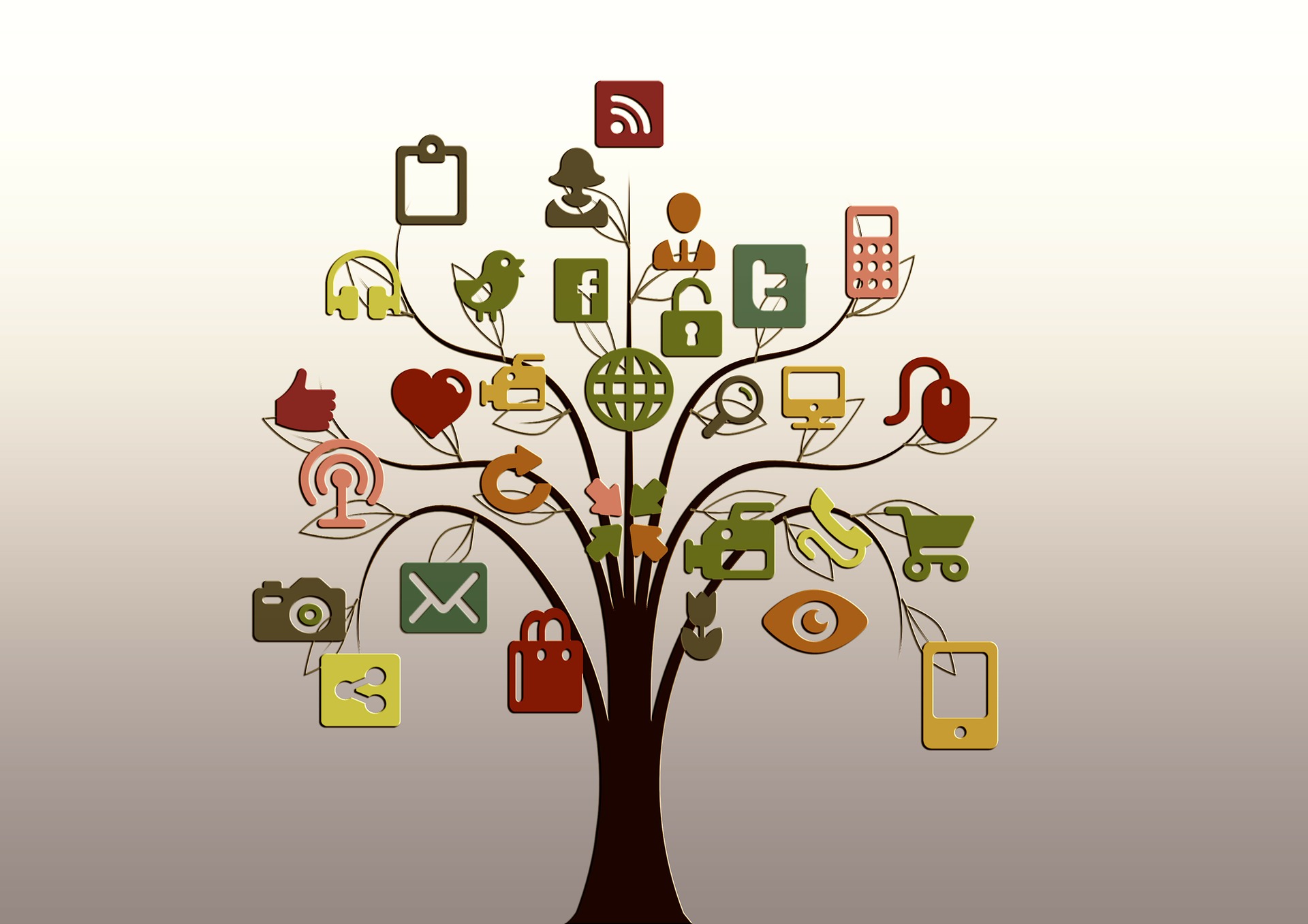I have to make a confession. I’ve always been grateful smartphones didn’t exist when I was still in school, because #BoredInClass would have been my twitter handle. I’ve always been more of a scribbler/doodler during classes, and was really pleased when Sunni Brown came along and wrote a whole book – titled The Doodle Revolution – pointing out how some of the most creative people in business encourage doodling as a way to increase creativity and productivity.
But I digress.
Back to the classroom.
Recently there have been news reports about how parents are calling for social media to be banned in classrooms, which makes sense because smartphones are addictive, and kids don’t do well with addictive things- scrap that…the human brain doesn’t do well with addictive things.
Smartphone addiction is triggered by the notification ‘ping’ and builds the (bad) habit loop. According to Charles Duhigg in his book, The Power of Habit, the habit loop consists of the trigger (ping) followed by the behavior (check the phone), and reward (dopamine hit). This loop then makes us reach for that phone even when there’s no ping, because we’re seeking that dopamine hit, and that’s why we find ourselves checking – and rechecking – Facebook and Instagram.
Now multiply the ping by the number of apps you have on your smartphone, and are you surprised everyone is distracted? During classes? Classes are famously known for inducing boredom. Which is where this ‘smartphone addiction’ discussion should actually go…instead of looking at how to ban students from social media, the question that needs answering is, why are they disengaged to begin with?
Kids are smart and curious by nature, and getting them engaged in their work is possible if their individual interests could be known and lessons could address those interests. One of my relatives complained about her 13 year old son recently. “He’s not doing well in Science and Mathematics. Find out what’s wrong with him.”
After talking to the kid, I figured out what made his eyes shine when he spoke, and it was definitely not Science and Mathematics. But somehow that was a problem, because his passion for history was not ‘practical’, and was not going to get him a job in the future. And he had to do well in science and maths, the parents insisted. So my advice was to use his passion for history to encourage reading, “Go to Nakumatt. Get him biographies of real-time heroes, and let him read. Reading will strengthen his language skills which will automatically improve his performance in other subjects including science and math.”
The thing is, raise that story to some power and you get a majority of the academic- work – system in our regions; people who forgot what it’s like to have their eyes sparkle because they’re doing something they love, people who forgot what it’s like to enter a state of flow during work but are more likely to (wait and) reply to emails, people who’ve mentally and emotionally checked out before they’ve actually clocked out.
And coming to think about it, I think we have a bigger problem than students spending class time on social media.
What are your opinions on this topic? Tweet me @ahechoes.
Get my ebook “Mine your inner resources” on Kindle or as PDF.
Also, check out my short story collection, “All Bleeding Stops and Other Short Stories from the Kenyan Coast” and subscribe to the newsletter.
